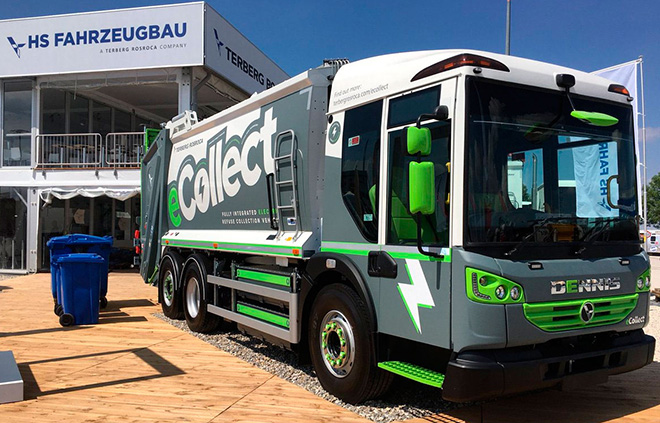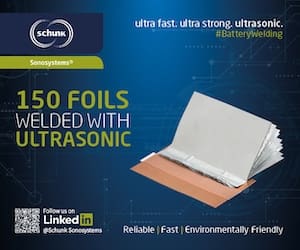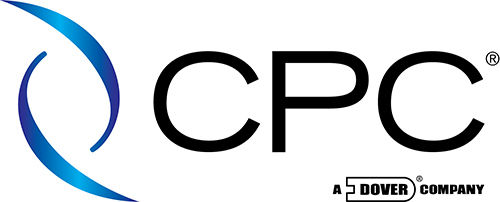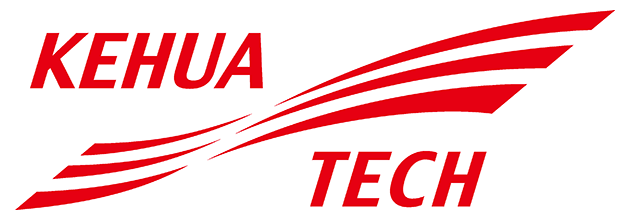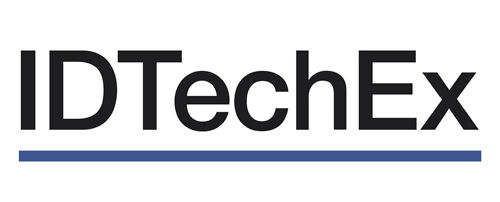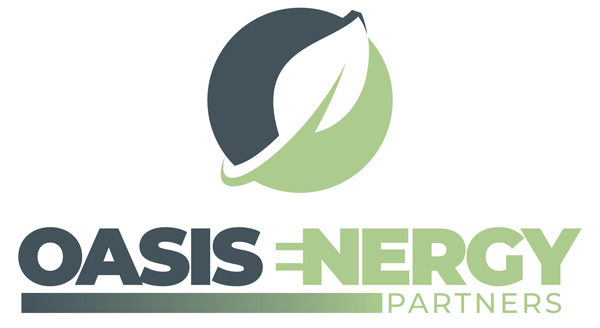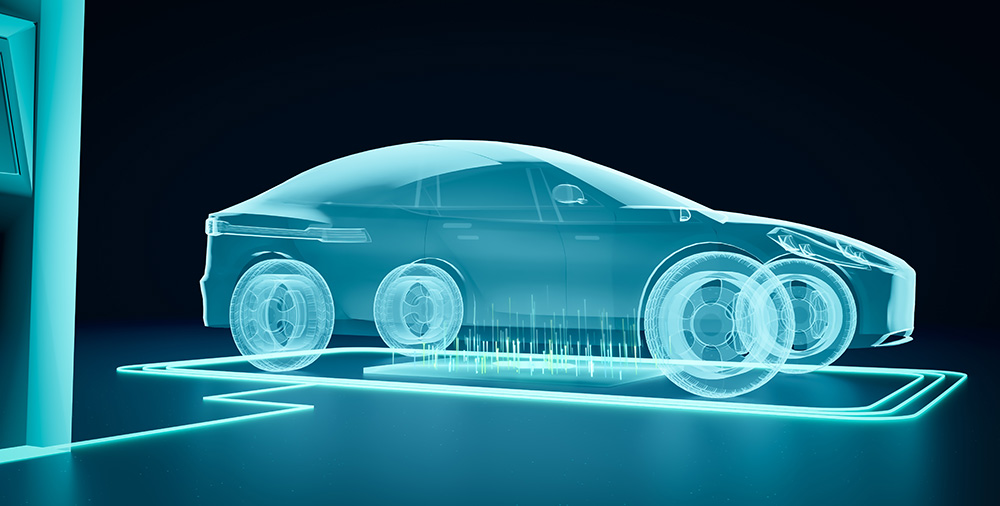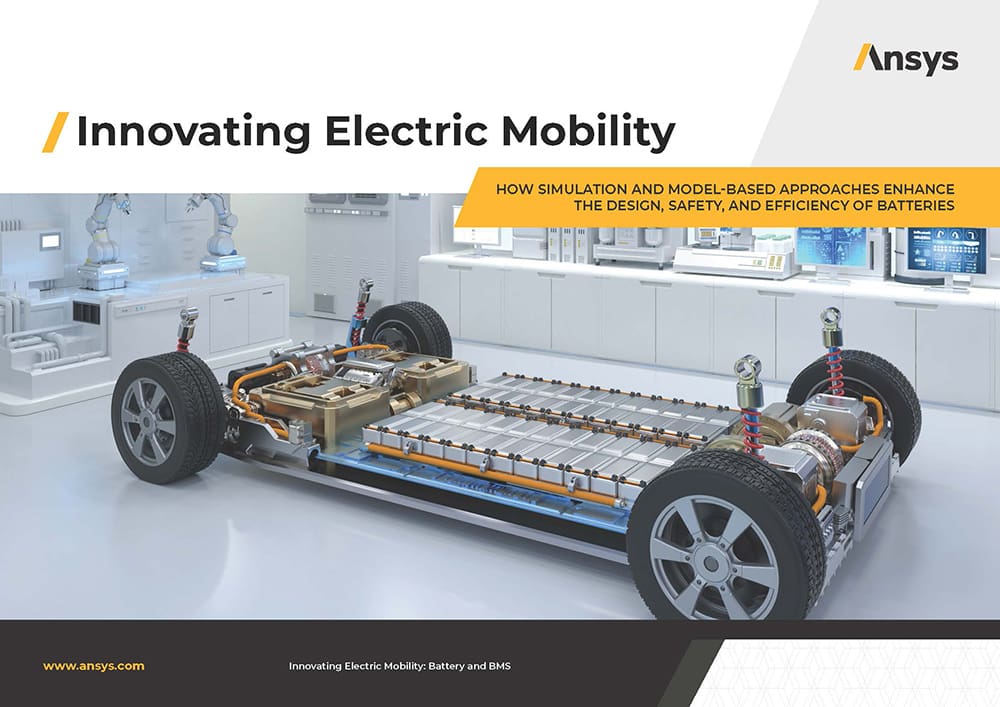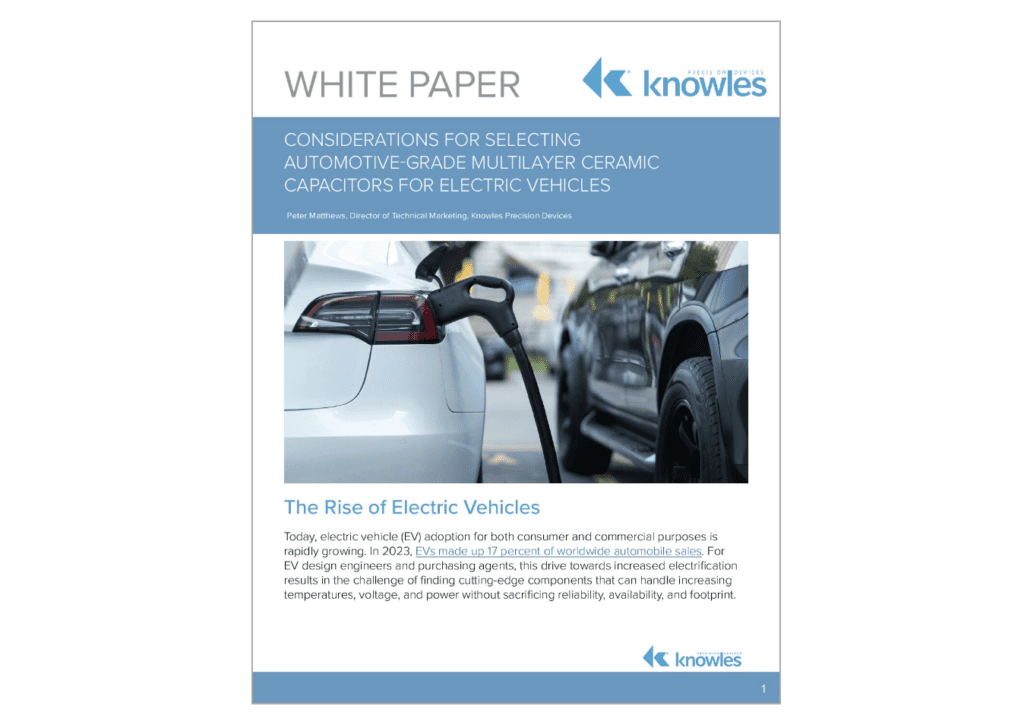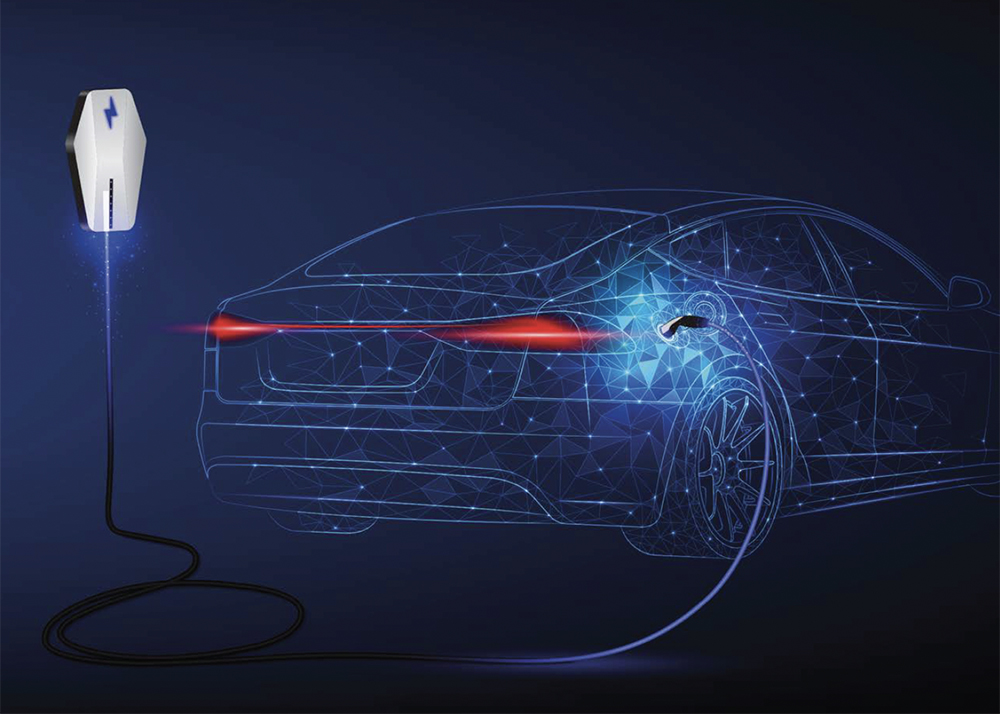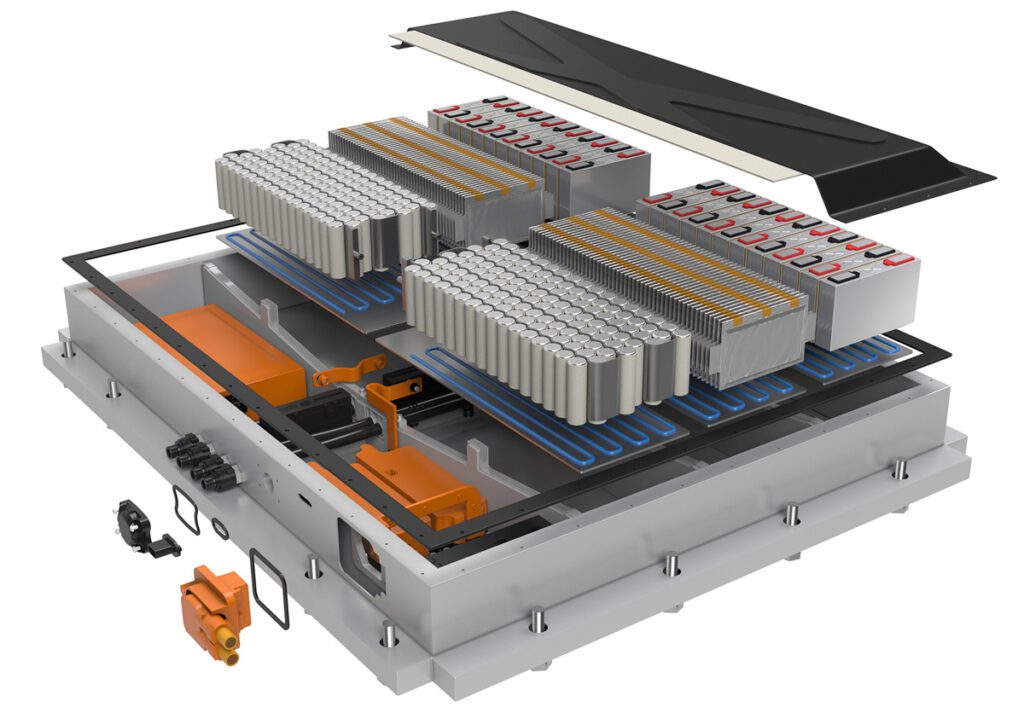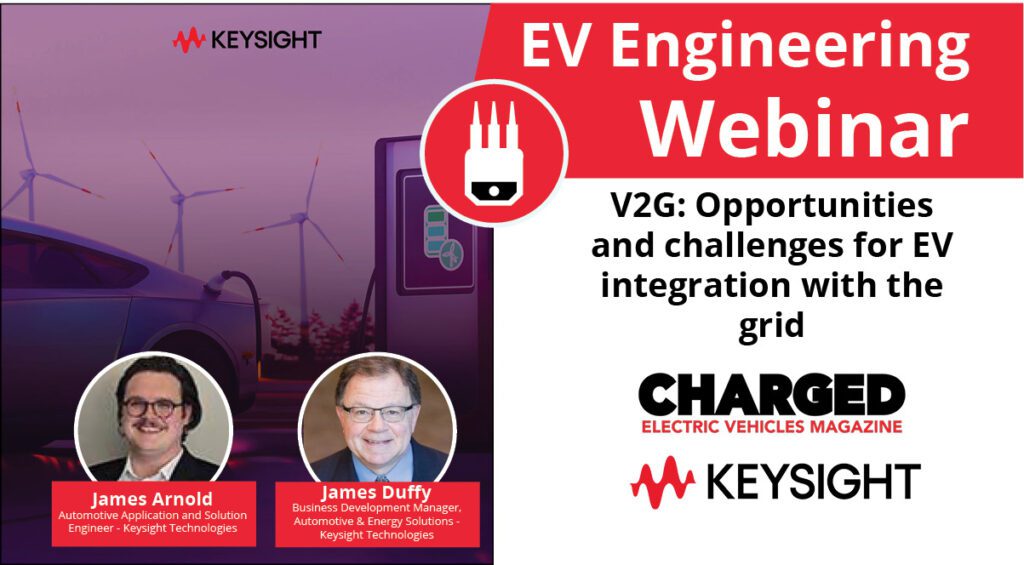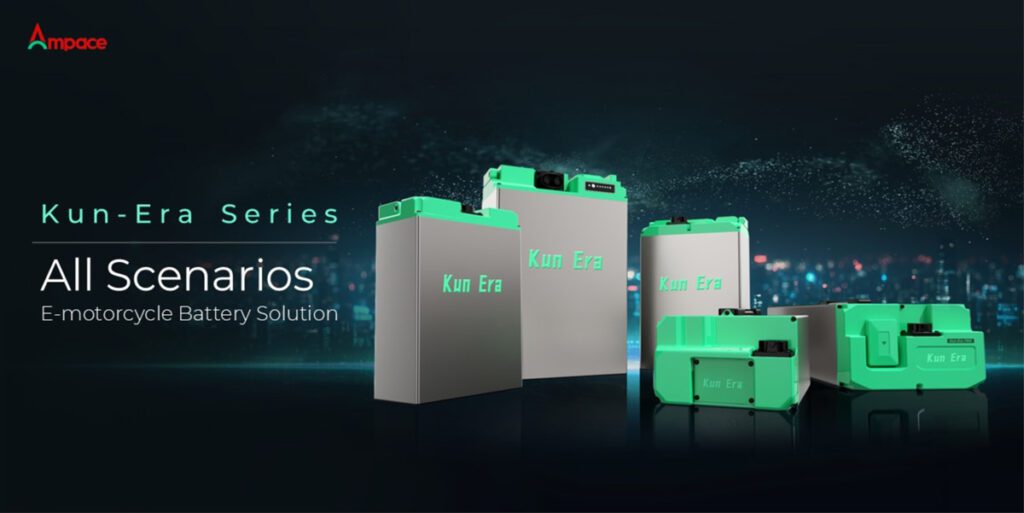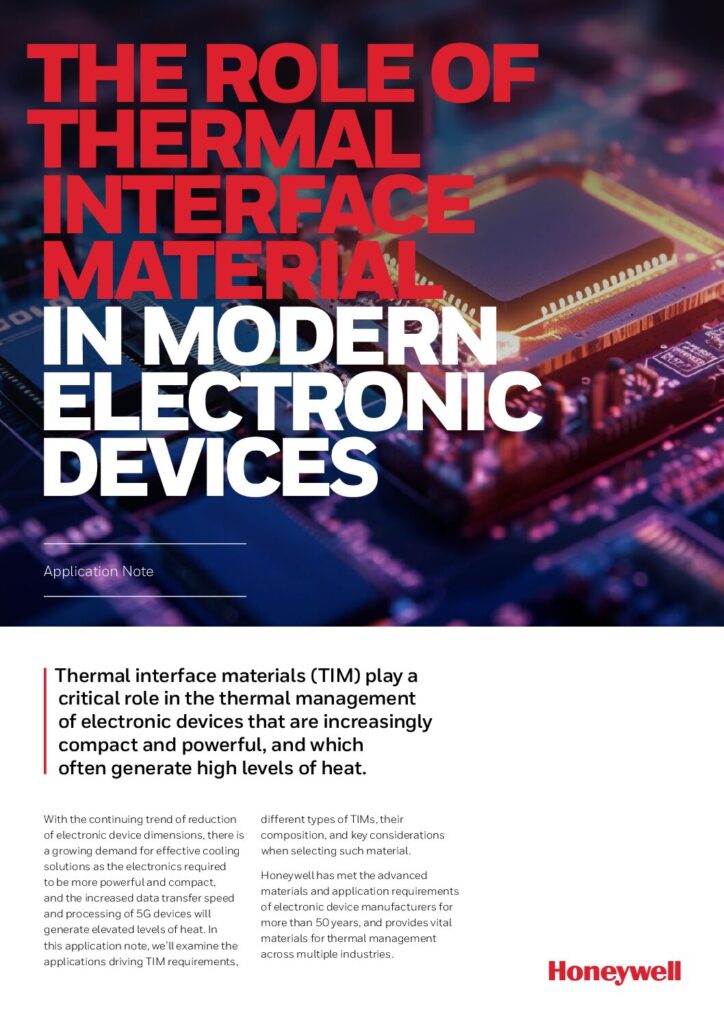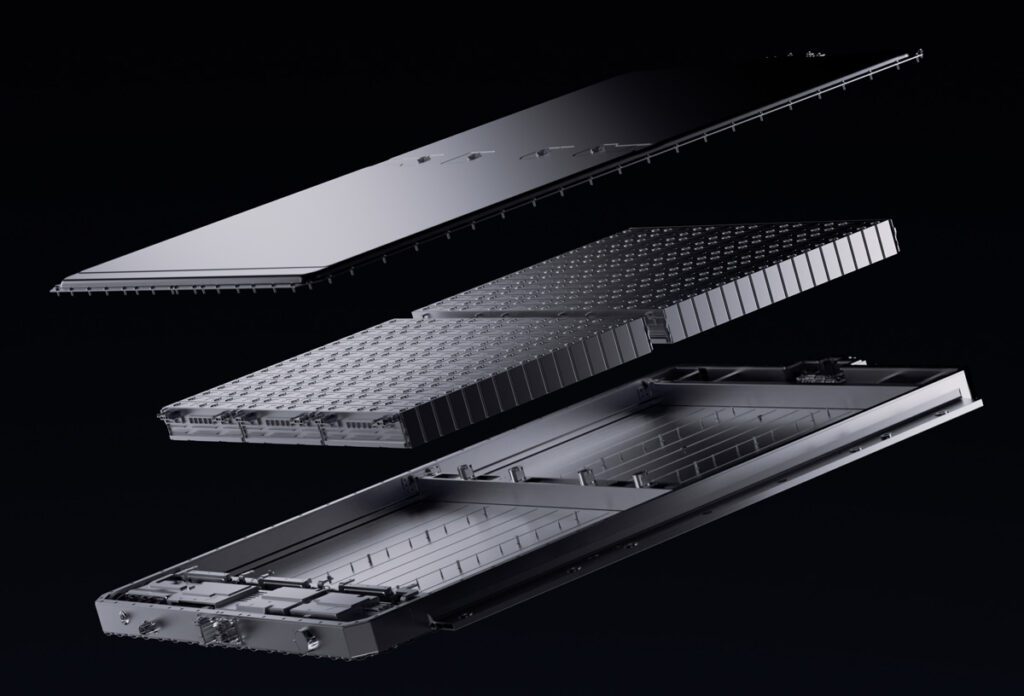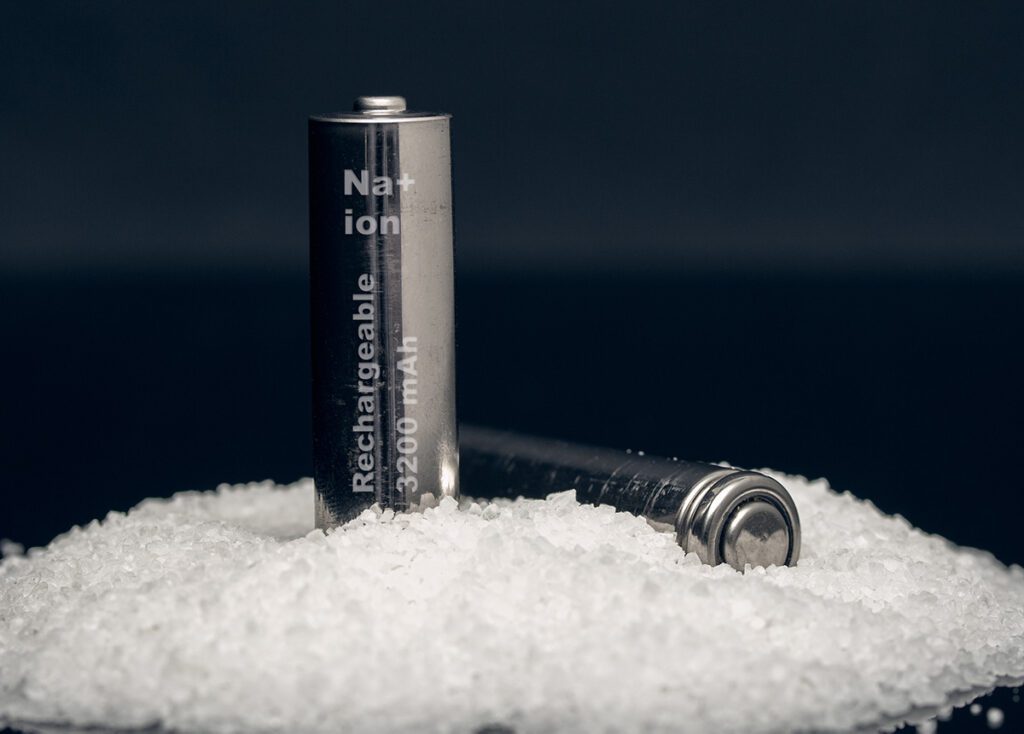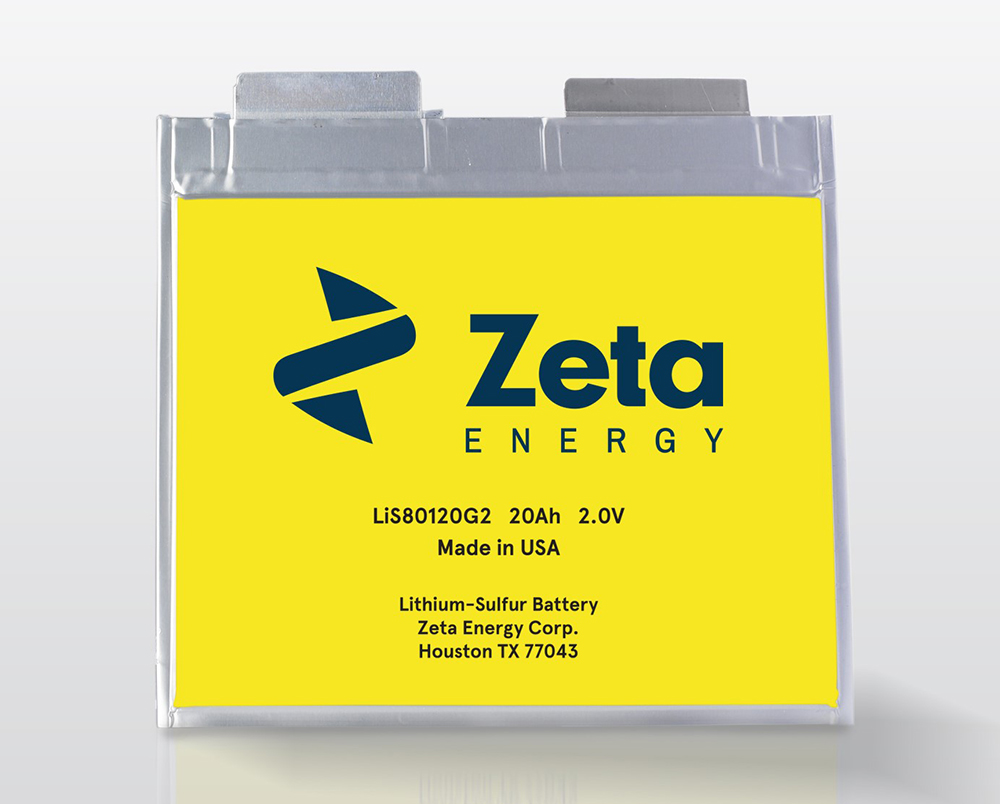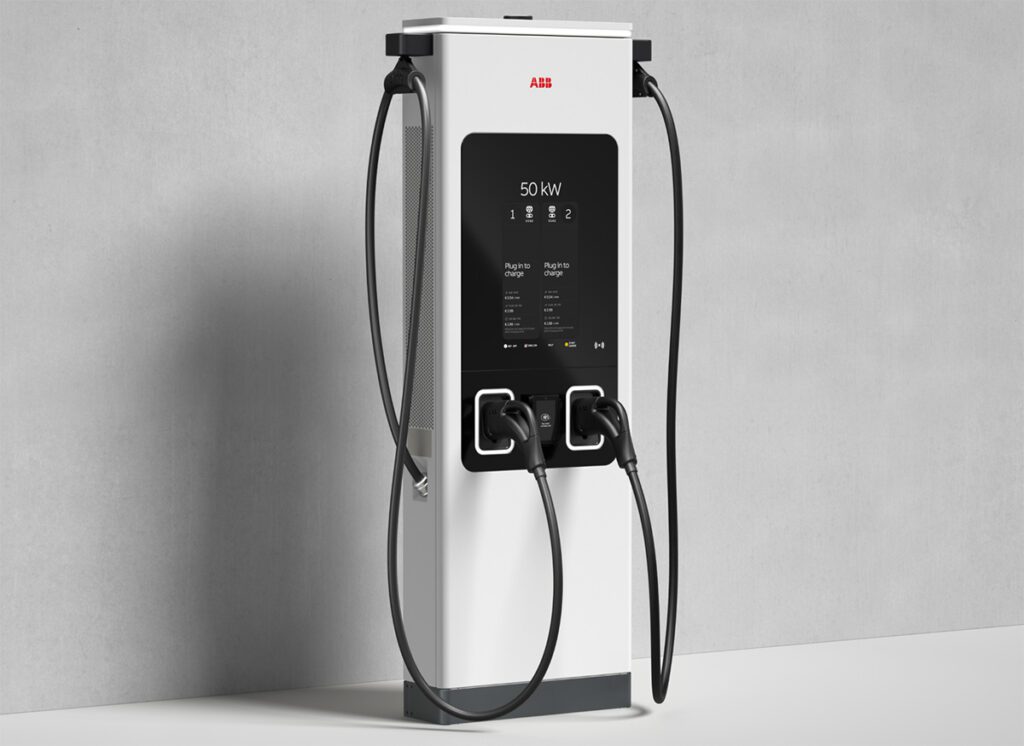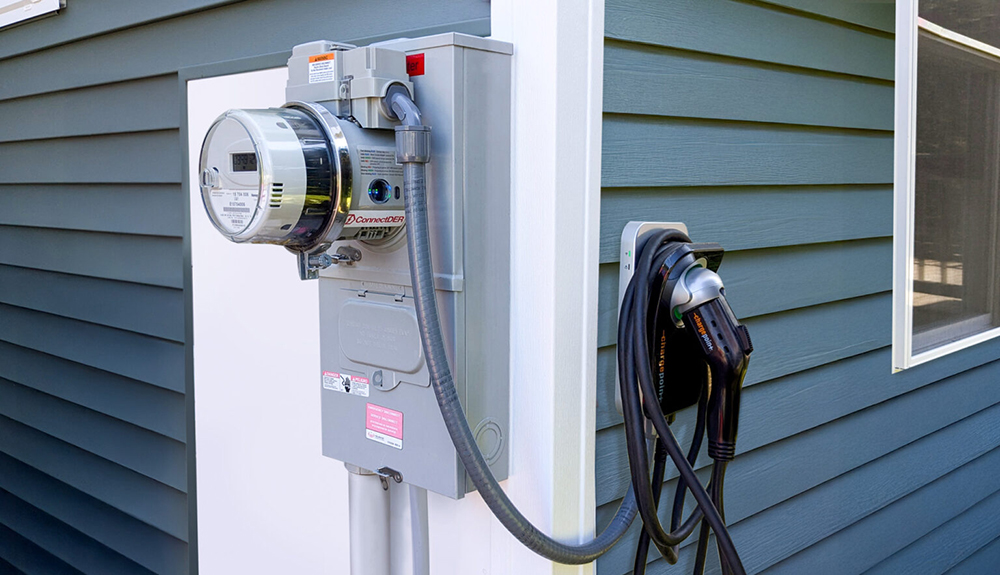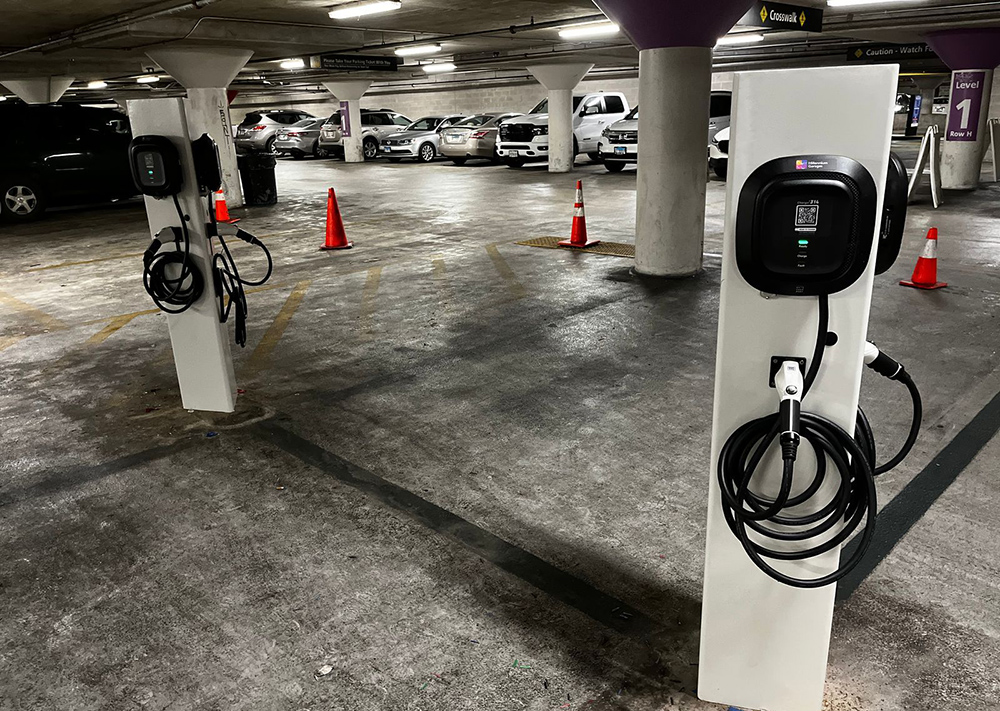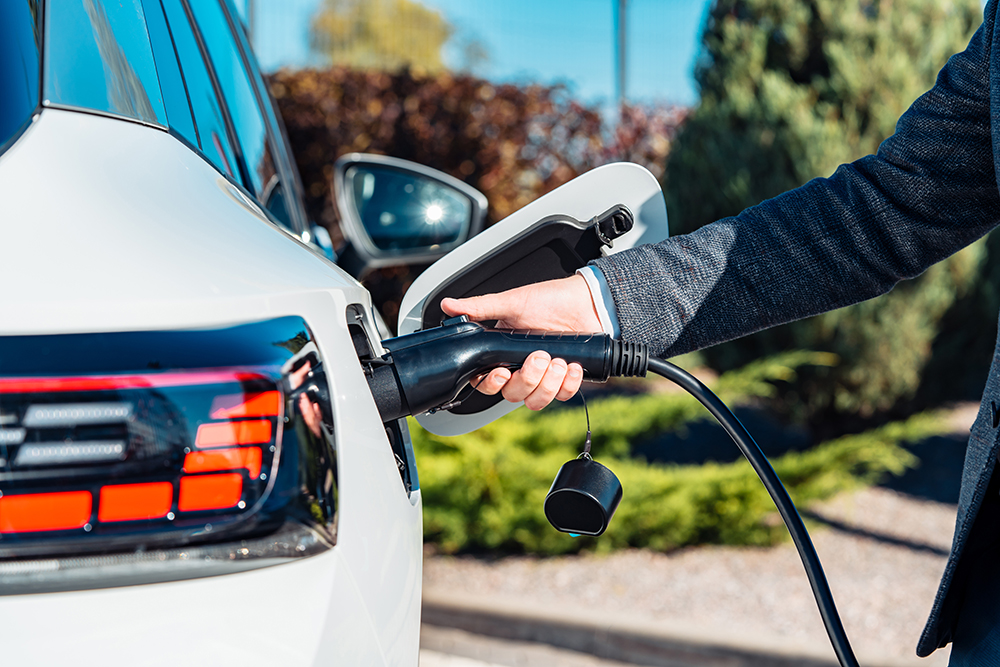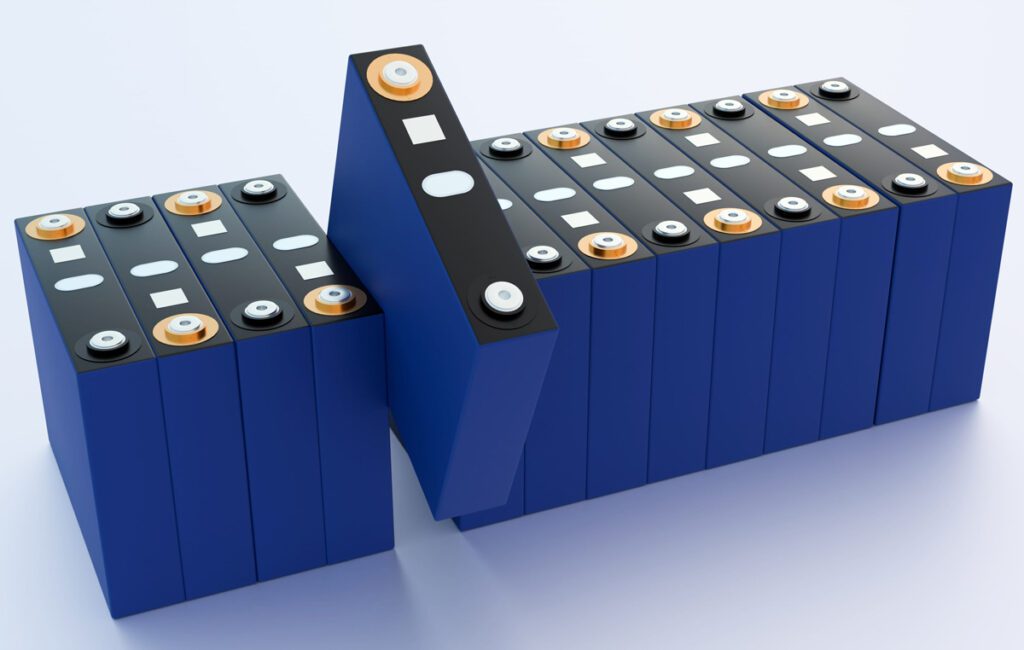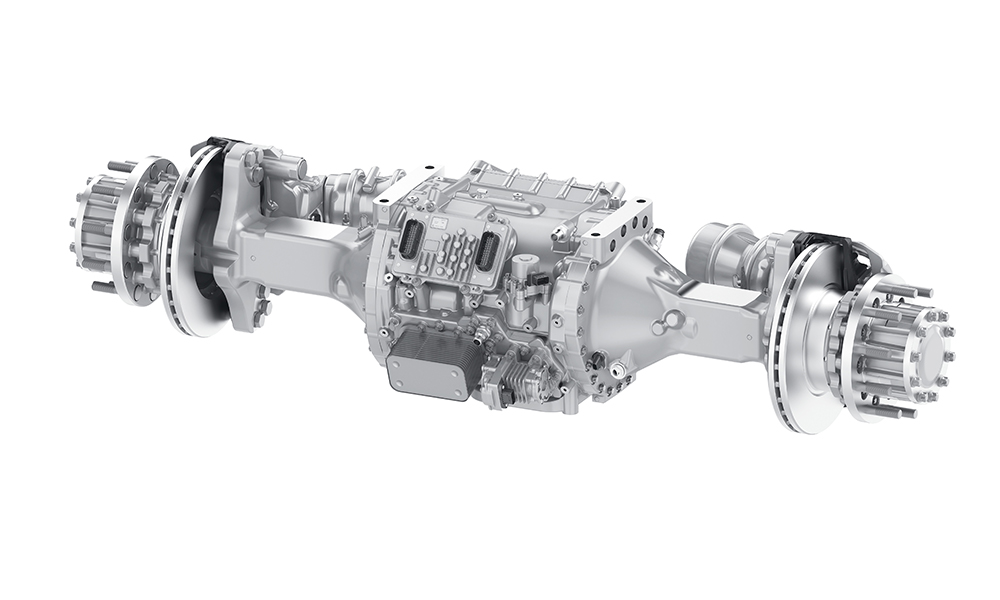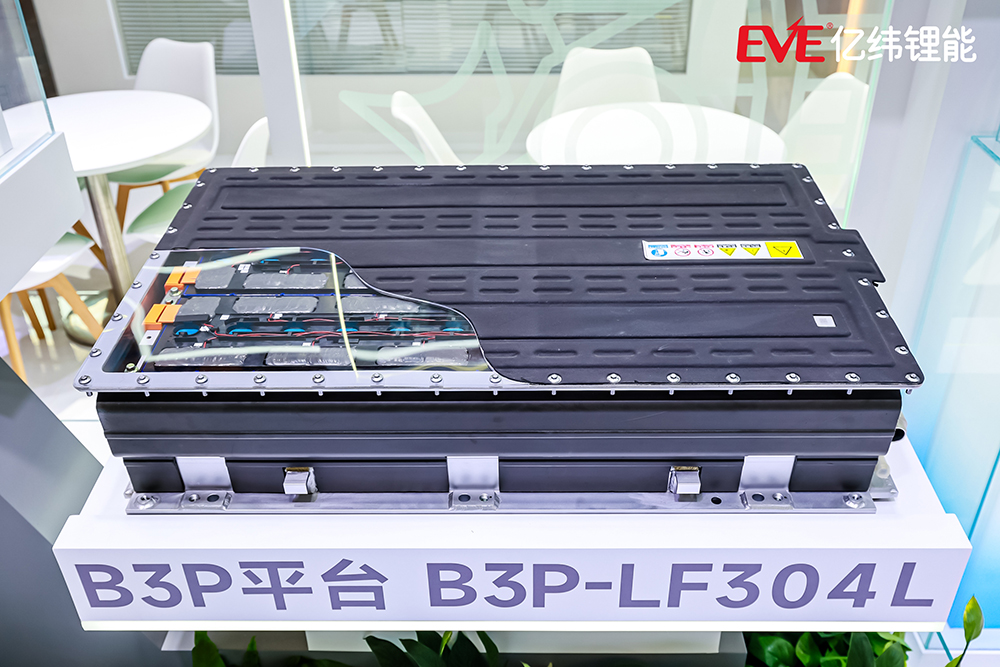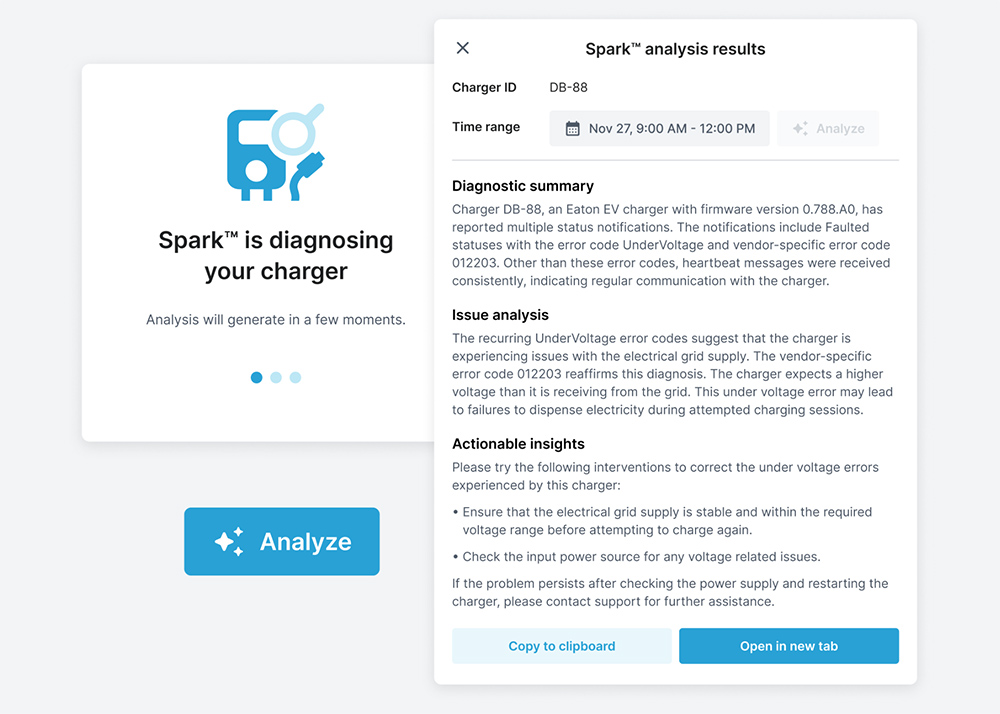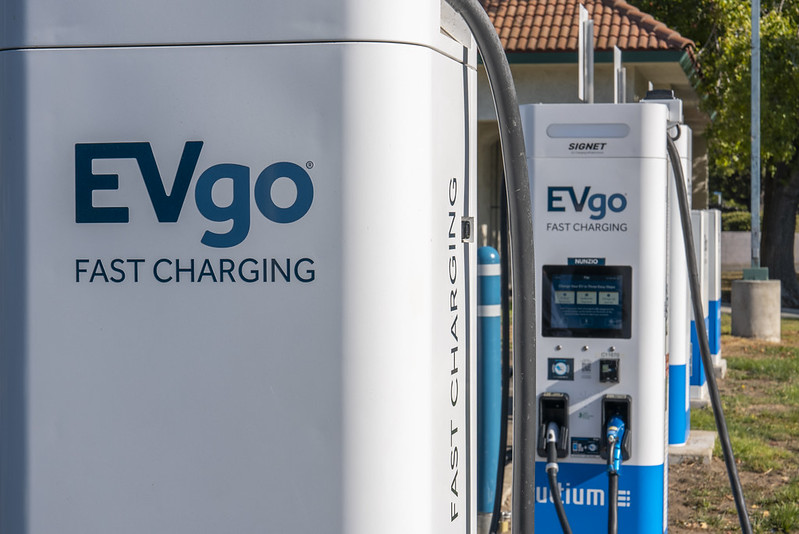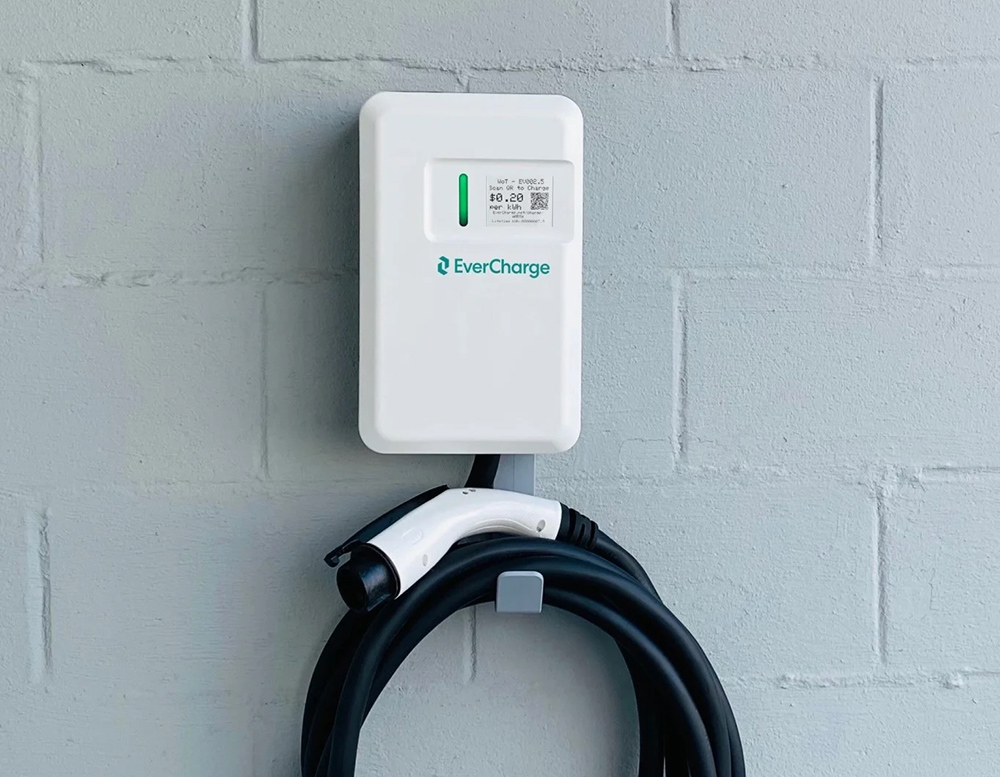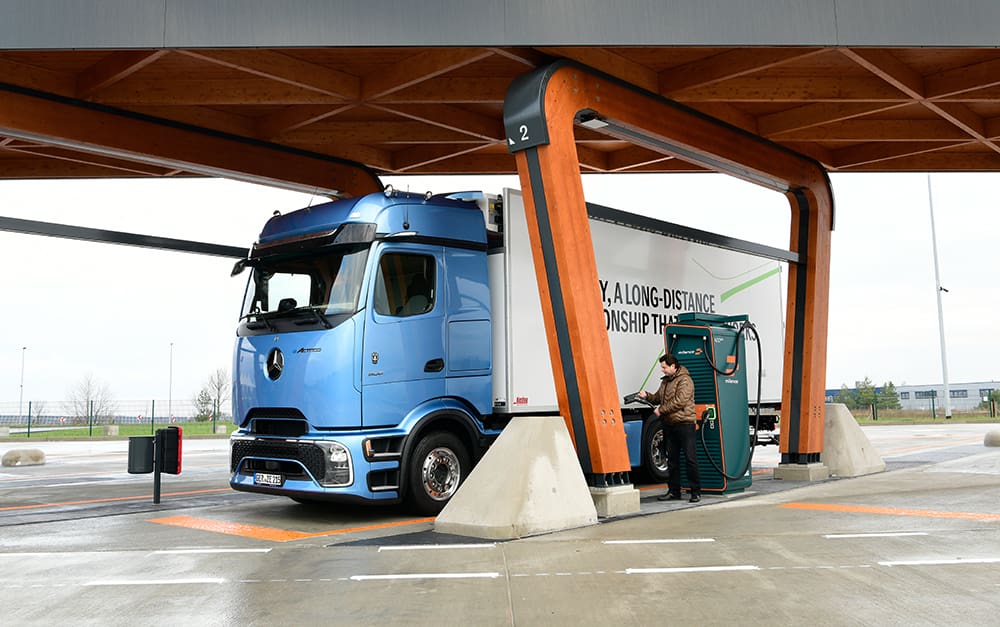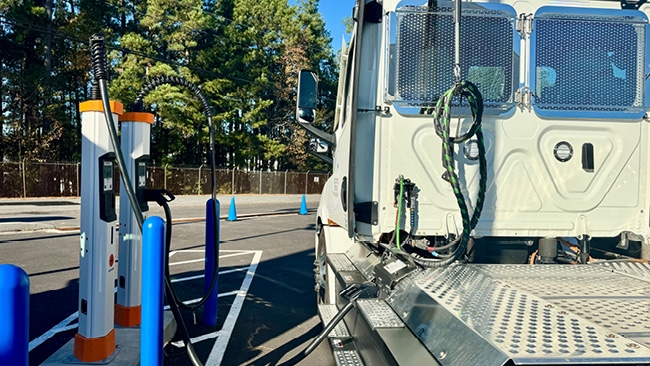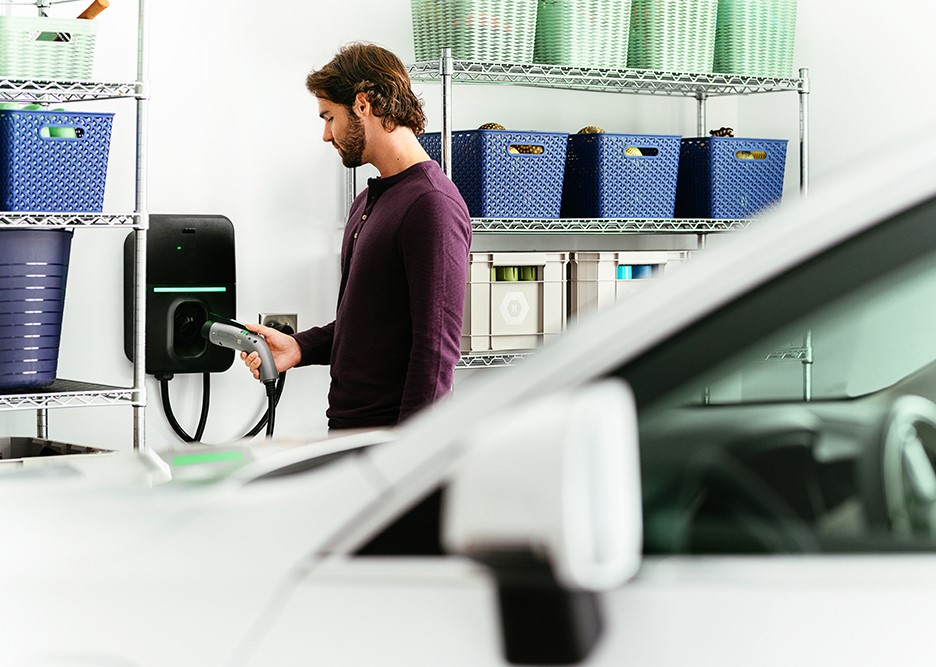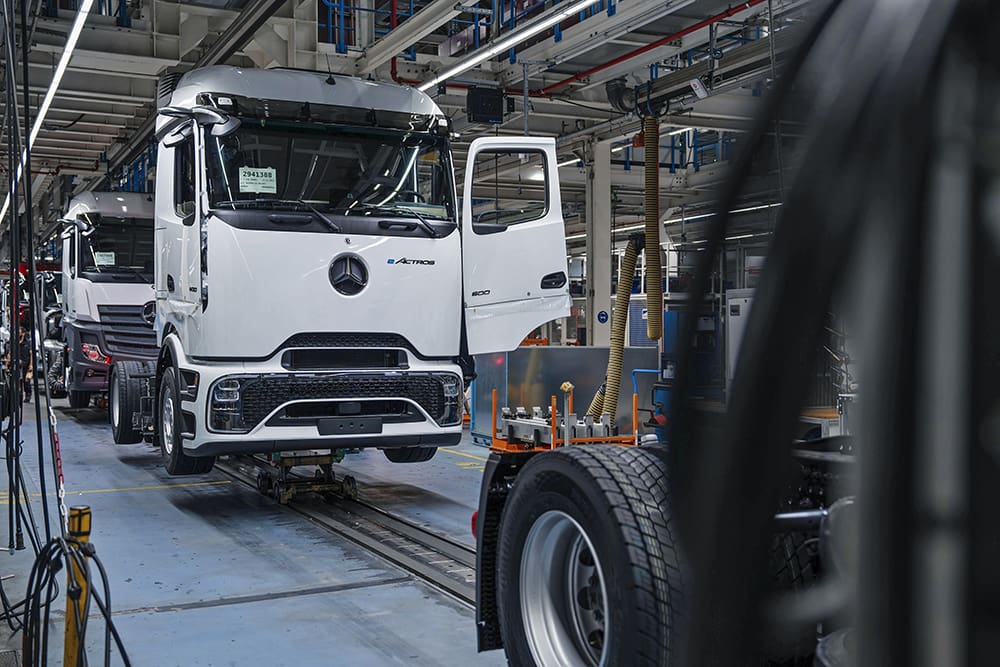Commercial truck OEM Dennis Eagle’s electric 26-ton refuse collection vehicle has gone into service with customers around the UK, and early customers are giving it glowing reviews.
The eCollect is based on Dennis Eagle’s Elite 6×2 rear-steer chassis with Olympus 19-cubic-meter body and Terberg automatic split bin lift. This is the company’s best-selling vehicle configuration, so it’s already familiar to most drivers, operators and maintenance teams. The diesel engine, transmission and other legacy components have been replaced by a 300 kWh battery system and a 200 kW electric drivetrain.
The eCollect has gone through two years of safety, efficiency and homologation compliance tests. “Such extensive testing requires a huge investment in time, money and resources and consequently, this is the hallmark of an OEM,” said Dennis Eagle Sales and Marketing Director Richard Taylor. “It means our customers can feel totally confident that the eCollect will deliver what they are expecting in terms of safety, efficiency and operational costs.”

“The zero-emissions eCollect is a viable alternative to our best-selling diesel vehicle—both commercially and operationally—but it represents much more than that,” Taylor continued. “If you consider that RCVs routinely visit every street where people live in every community in the country, the positive impact of having an emissions-free option in our industry is very significant indeed. The fact that we have reached the point where we can produce a 26-ton vehicle for such an energy-demanding role also speaks volumes about how far electric vehicles have developed in recent years and how much more widespread they will become in the near future.”
The first vehicle went into service with Nottingham City Council, which bought two eCollects. Islington Council and Greater Cambridge Shared Waste Service soon followed, and several other municipal customers, including Dundee, York and Oxford, are planning to put eCollects into service shortly.
“The electric RCV is the Holy Grail of municipal vehicles and we have wanted one for years, so to finally get our hands on them and put them in to service emptying bins is very satisfying indeed,” said Nottingham City Council Assistant Manager (Fleet) Andrew Smith. “Both our eCollects are in operation and both are out-performing the diesels they replaced. In the first few weeks we have saved around 60 to 70 liters of diesel per truck per day.”
“The drivers love them,” Smith continued. “They don’t want to go back to diesel vehicles. They say they’re easier to drive, and they particularly love the extra torque. Parts of Nottingham are quite hilly and diesel trucks can struggle with a big load, but these eCollects take it in their stride. Our eCollects have been going out at 6:30 am and finishing at around 1:30 pm, collecting a full load, then a smaller one—up to 18 tons in total. But they’re coming back with 40% charge remaining. The vehicles are finishing quicker, shaving around an hour off the run time. So, all in all, we’re delighted with them.”
Source: Dennis Eagle




